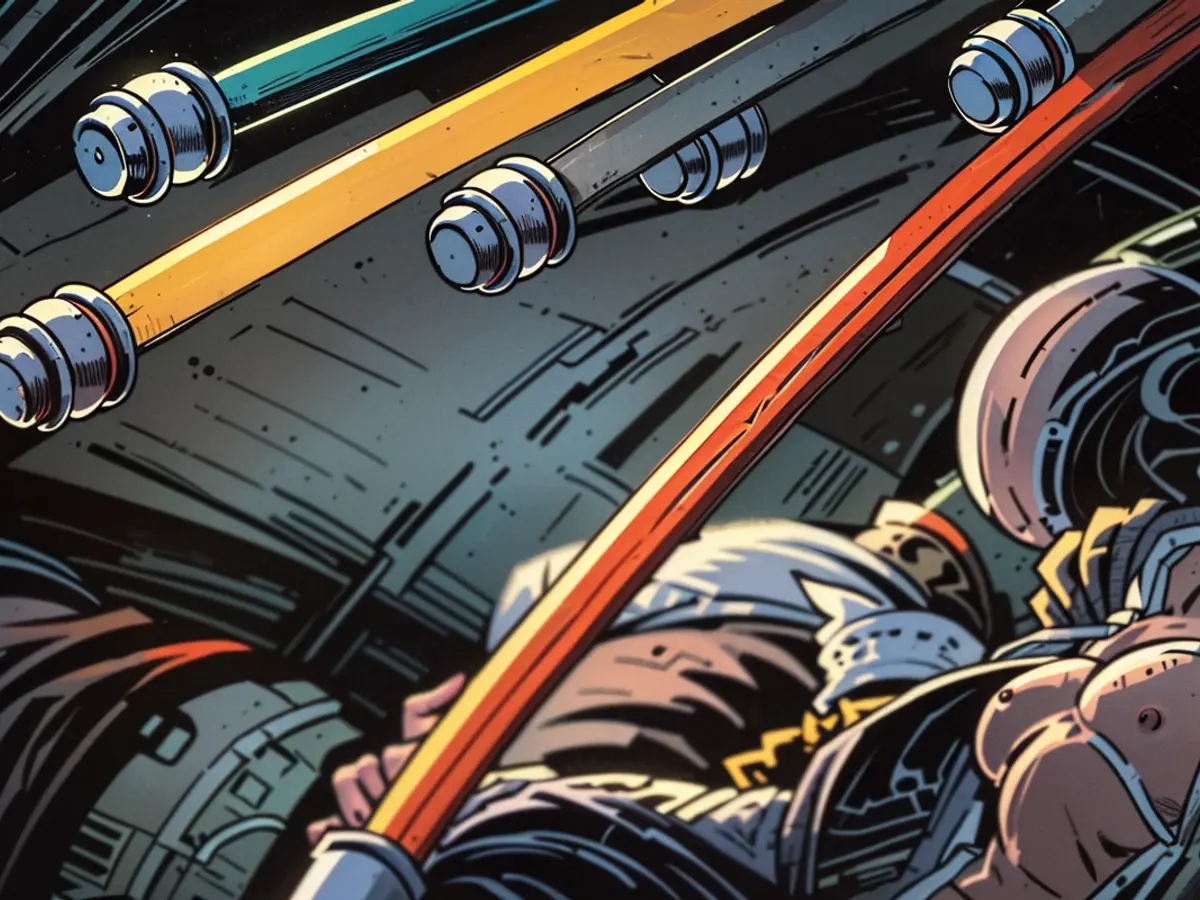Access to infrastructure - Dispute over empty Internet pipes: Telekom loses in court
In a dispute over the use of pipes where Internet cables lie, the German Telekom has suffered a court loss. The company must grant access to the publicly funded network on two stretches in the Bavarian communities of Heßdorf and Großenseebach to the competitor German Glass Fiber, according to the Administrative Court of Cologne, referring to a corresponding obligation in the Telecommunications Act. A Telekom emergency application was rejected (Case No. 1 L 681/24).
German Glass Fiber wanted access to avoid digging up the roads itself. However, it encountered resistance from Düsseldorf-based company Telekom. The Federal Network Agency intervened in a dispute resolution procedure in March and ruled in favor of German Glass Fiber. Telekom then took the matter to court.
In the so-called expedited proceedings, the court has now announced its decision in favor of German Glass Fiber. This means that Telekom must now grant access. Although the matter could still be heard in a main proceedings, this would not have a suspensive effect.
German Glass Fiber, which employs around 1,900 people in Germany and invests over a billion euros in the fiber-optic Internet expansion in Germany every year, welcomed the court decision. "Open Access – that is, open network access - promotes fair competition and offers customers real freedom of choice between strong offers and performances," said a company spokesperson.
Telekom, on the other hand, reacted with incomprehension to the court decision. "We built the pipes at our own expense, and the state funding only applied to the second step - the laying of glass fiber in these pipes," said a Telekom spokeswoman. "Telekom is now supposed to grant access to all empty pipes on the track and also make capacity expansions for competitors at our own cost." This is "an infringement on our network property rights." After the emergency application was rejected, Telekom intends to continue pursuing its other view in the ongoing litigation.
The Federal Network Agency stepped in to resolve a dispute between German Glass Fiber and German Telekom, ultimately ruling in favor of the former. The Administrative Court of Cologne later upheld this decision, requiring Telekom to provide access to its pipelines in Heßdorf and Großenseebach for German Glass Fiber's Internet cables. Despite this court loss, Telekom continues to argue that it should not be mandatory to grant access to all empty pipelines or make capacity expansions at its own cost. The Telekom spokeswoman expressed confusion over the decision, stating that the state funding only covered the installation of glass fiber in the existing pipelines, not their construction. In contrast, German Glass Fiber, which invests heavily in fiber-optic Internet expansion in Germany, celebrated the court decision, as it promotes fair competition and offers customers a wider range of choices.








